If you were to go to any fashion brand website, you'd be bombarded with terms such as eco-friendly, sustainable, and natural.
As a conscious shopper, these terms are likely to influence your purchase decisions.
However, did you know that most fashion brands use these terms to mislead you?
Today's article aims at talking about this unethical issue known as greenwashing. Here's what you'll learn
- What greenwashing is,
- How you can spot it
- Tips on how to avoid falling for the greenwashing con.
Let's get right into it.
Table of Contents
- What is Greenwashing?
- Why do Brands Greenwash?
- How are Fashion Brands Getting Away with Greenwashing?
- How to Tell if a Company is Greenwashing
- Emphasis on Eco-friendly Packaging as a Way to Reduce Waste
- Sustainable Range of Products but Not All are Sustainable
- Impressive Sounding Initiatives at Headquarters
- No Proof of Claims Made
- Payment of Minimum Wage
- Sustainable Practices are only Based on What the Law Requires
- Vagueness in Messaging
- How to Avoid Being Greenwashed
- Always Look for Evidence
- Don't Take Everything at Face Value
- Look for Third-Party Verification
- Only Buy from Brands with a Holistic Approach to Sustainability
- Don't Fall for the Greenwashing Con
What is Greenwashing?
Greenwashing is the act of misleading consumers into believing a company's corporate actions are environmentally friendly when they aren't.
This can be done by making unsubstantiated claims or showing greenwashed images to promote products and services, making it difficult for customers to make informed decisions about what they buy.
While it's primarily rampant in the oil industry, greenwashing is fast taking hold in the fashion industry. With greenwashing, fashion companies can hide environmentally destructive business practices.
Why do Brands Greenwash?
Fashion brands use greenwashing as a marketing strategy to attract more conscious shoppers.
As more shoppers become environmentally conscious, fashion brands are now using terms as organic, sustainable, and eco-friendly to gain a competitive advantage over other brands.
With greenwashing, companies are able to make you feel better about purchasing their product.
Increasing demand from governments and regulatory bodies for more sustainable practices could also be another reason why companies make misleading statements about being environmentally conscious.
How are Fashion Brands Getting Away with Greenwashing?
There are several ways fashion brands get away with greenwashing.
One way is by using vague terms that could be interpreted in different ways, such as natural and organic fibers.
The term "natural" includes any fabric made from plant-based materials or processed without chemical inputs like pesticides and fertilizers. However, it could also mean animal fur, which cannot technically be environmentally friendly because it's obtained through animal killing.
Another reason why it's so easy for fashion brands to get away with greenwashing is because there is no clear, quantifiable definition of what ethical fashion and eco-friendly materials mean.
The lack of widespread public awareness of what happens behind the scenes in the fashion industry could also be another reason why fashion brands can get away with greenwashing.
There is also little or no regulation in the fashion industry, making it easy for fashion companies to lie and make outrageous claims.
How to Tell if a Company is Greenwashing
Emphasis on Eco-friendly Packaging as a Way to Reduce Waste
This is one of the most common signs of greenwashing.
Every fashion brand out there will claim to use eco-friendly packaging as a way of reducing waste.
However, packaging only accounts for a small percentage of the waste generated from the fashion industry. As stated in our article on facts about fast fashion, most of the waste from the fashion industry comes from the production stage.
If fashion brands were serious about reducing waste, they'd first put up strategies to help reduce waste at the production stage. Fast fashion brands should also stop the mass production culture, as this contributes to more destruction than that generated by packaging.
Sustainable Range of Products but Not All are Sustainable
This is one of the most effective marketing techniques that fast fashion brands use.
These brands will advertise a line of sustainable products to con the customer to purchase their products.
Brands will claim that some of their products are made from recycled material and organic products.
However, these sustainable and organic products only account for a small portion of their sales volume. In a real sense, most of their sales come from the sale of unsustainable products.
If less than 50% of a brand's products aren't from recycled materials, and a company gets most of its profits from unsustainable products, such a brand is clearly greenwashing.
Impressive Sounding Initiatives at Headquarters
Another sign of greenwashing is fashion brands that claim to use energy-efficient practices in their headquarters but have no explanation of how these practices are applied in production facilities.
This lack of information on energy efficiency in production plants is because most textile production facilities employ energy-intensive and unsustainable practices.
This includes the use of fossil fuel in production processes, excessive use and waste of water, and poor waste management practices.
No Proof of Claims Made
"100% made from recycled material." You've probably heard this phrase severally. Unfortunately, most companies that make such claims have no proof.
A company will claim that its clothes are made from recycled material yet have no records of where the material was recycled from.
These companies will claim to have sustainable practices at their production factories but have no proof of it.
Just words.
Payment of Minimum Wage
One of the biggest problems with fast fashion is the issue of low wages. Most fast fashion companies have production facilities in developing countries.
In a bid to keep costs low, most of these companies underpay their workers, making it impossible for these employees to make a living wage.
Most fast fashion companies will only pay a minimum wage, which in most instances is way lower than the living wage.
If a company claims to be sustainable, yet there is proof of underpayment, such a company is greenwashing.
Fashion companies should also ensure that their suppliers pay their employees a living wage. If a fashion company pays its employees a living wage but buys supplies from a company where employees are exploited, the fashion company is greenwashing.
Sustainable Practices are only Based on What the Law Requires
Most fast fashion companies will claim to have sustainable practices, yet these are just the bare minimum.
A company will claim to have energy-saving measures at its production plants. However, on scrutiny, you may find out that these measures are what's required by law.
Nothing more!
This also includes paying a minimum wage. But, as explained above, paying minimum wage is simply greenwashing.
Vagueness in Messaging
Another way that fashion companies greenwash is by being vague in their messaging.
A good example would be companies who advertise "eco-friendly" clothing yet provide no details on how they achieve eco-friendliness. Likewise, a company may label their products as natural, yet they are produced from cotton grown using chemical-intensive agricultural practices.
How to Avoid Being Greenwashed
Always Look for Evidence
One of the best ways to avoid being greenwashed is to always look for evidence.
Make sure to look for evidence for every claim that fashion brands make. A company's website is an excellent place to do this. Companies with sustainability programs will be happy to share these on their website and social media pages.
The same goes for suppliers and how they treat their employees. Brands with sustainability programs will have this information on their website.
Brands that greenwash will likely have very little evidence of their claims.
Don't Take Everything at Face Value
One of the best examples of greenwashing is that of vegan leather companies.
While the material used may be cruelty-free, it doesn't mean it's sustainable. For example, some vegan leather companies use synthetic-petroleum-derived fabric, which is toxic to the environment.
The same goes for brands that claim to use natural fabric. While fabric may be natural, it might have been produced unsustainably.
To make sure you don't get greenwashed, always look for details. For example, if it's vegan leather, investigate if the materials are plant-based. If it's natural materials, look into if the fabric was organically grown.
Look for Third-Party Verification
The only way to know if a company is verifiably "green" or not is through verification by an outside organization that has no commercial interests with the clothing companies being evaluated.
One such group would be the Sustainable Apparel Coalition (SAC).
SAC evaluates brands for their sustainability performance according to a rigorous criterion and assigns one of four ratings: bronze, silver, gold, or platinum status. Platinum-rated means that all products meet high standards; there's nothing better than this level.
Only Buy from Brands with a Holistic Approach to Sustainability
As explained above, having a small line of "sustainable products" while still profiting from a wide range of unsustainable products is a classic example of greenwashing.
However, some companies take a holistic approach to sustainability. It's not just a few products; the overarching business model for these companies is based on sustainability.
Look for brands with a sustainability page where they are transparent about their practices in all facets of production, including water use, waste management, greenhouse gas emissions, energy usage, and air pollution.
Don't Fall for the Greenwashing Con
There you go.
I hope this article has helped you understand greenwashing and how you can identify it and avoid being greenwashed.
Do you know of any other ways to identify greenwashing? Please tell us in the comments below. Do you have any questions on how to avoid being greenwashed? Please ask them in the comment section.
And if you're looking to purchase clothes from a sustainable brand, check out our online store here.
Northbound Gear is an anti-fast fashion company that believes in protecting the earth for future generations. You can learn more about our sustainability programs by checking our sustainability page here.
Read more
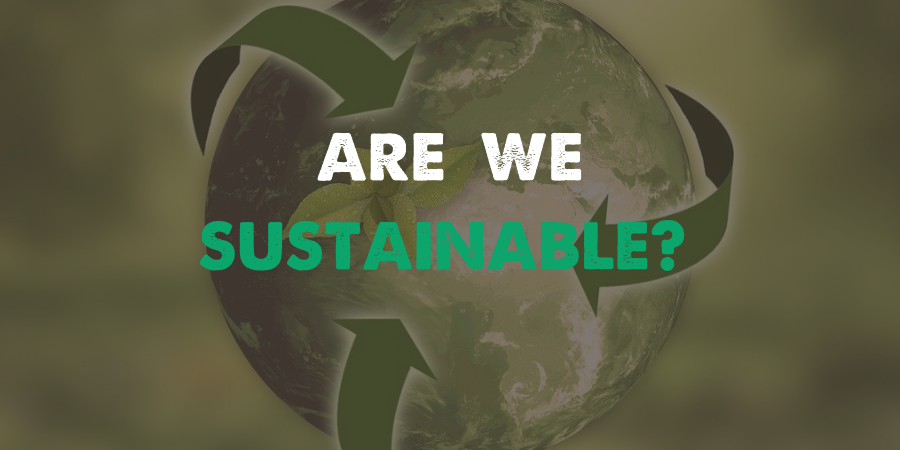
Ever wondered how sustainable your favorite outdoor apparel company is? Short answer. We’re not sustainable. In fact, no fashion company can claim to be fully sustainable. Every garment made, sold...

Gifting people is more of an art than it is a science. Before you give someone a gift, you need to really think about it. What are their likes? What do they appreciate doing? These are some of the ...
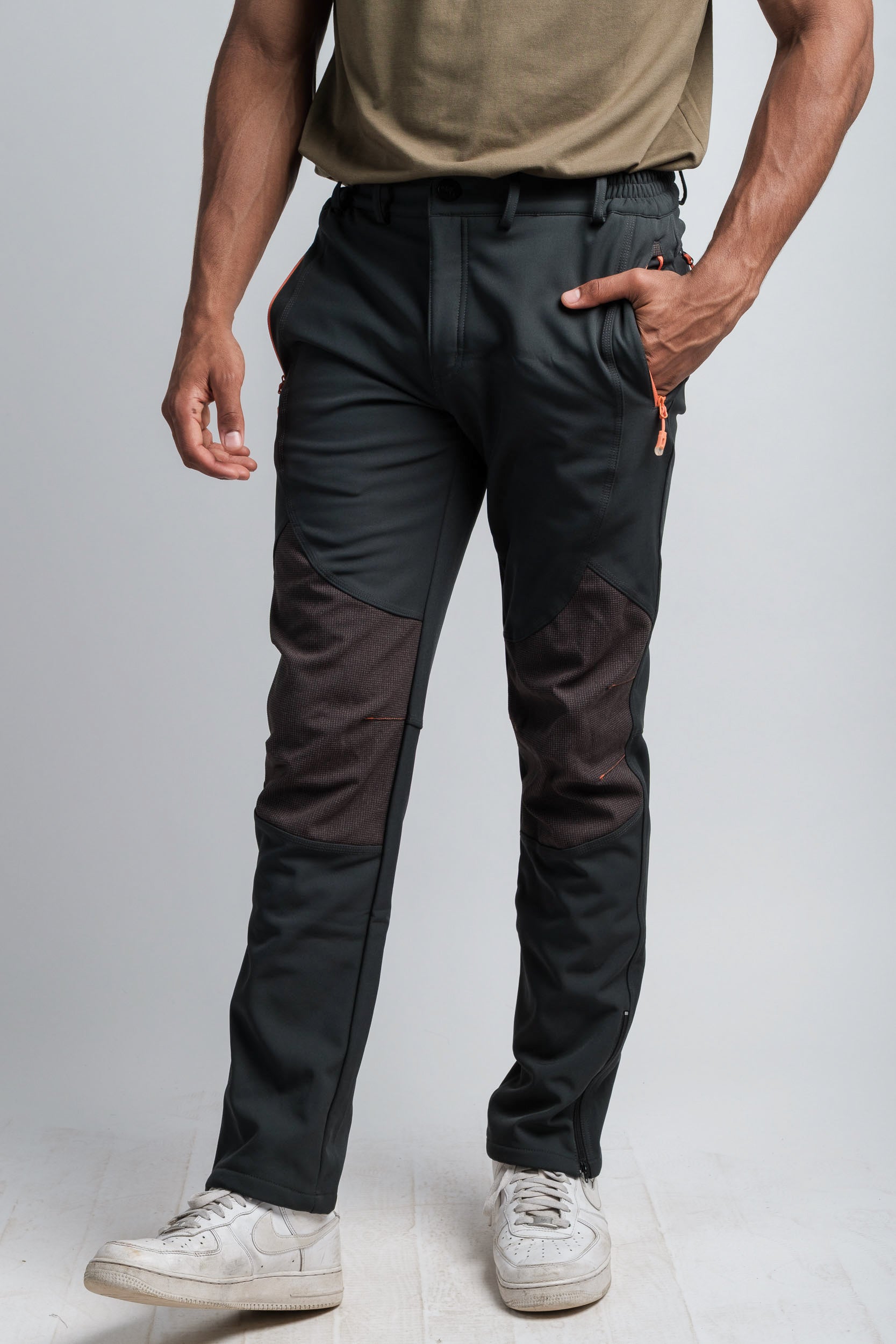

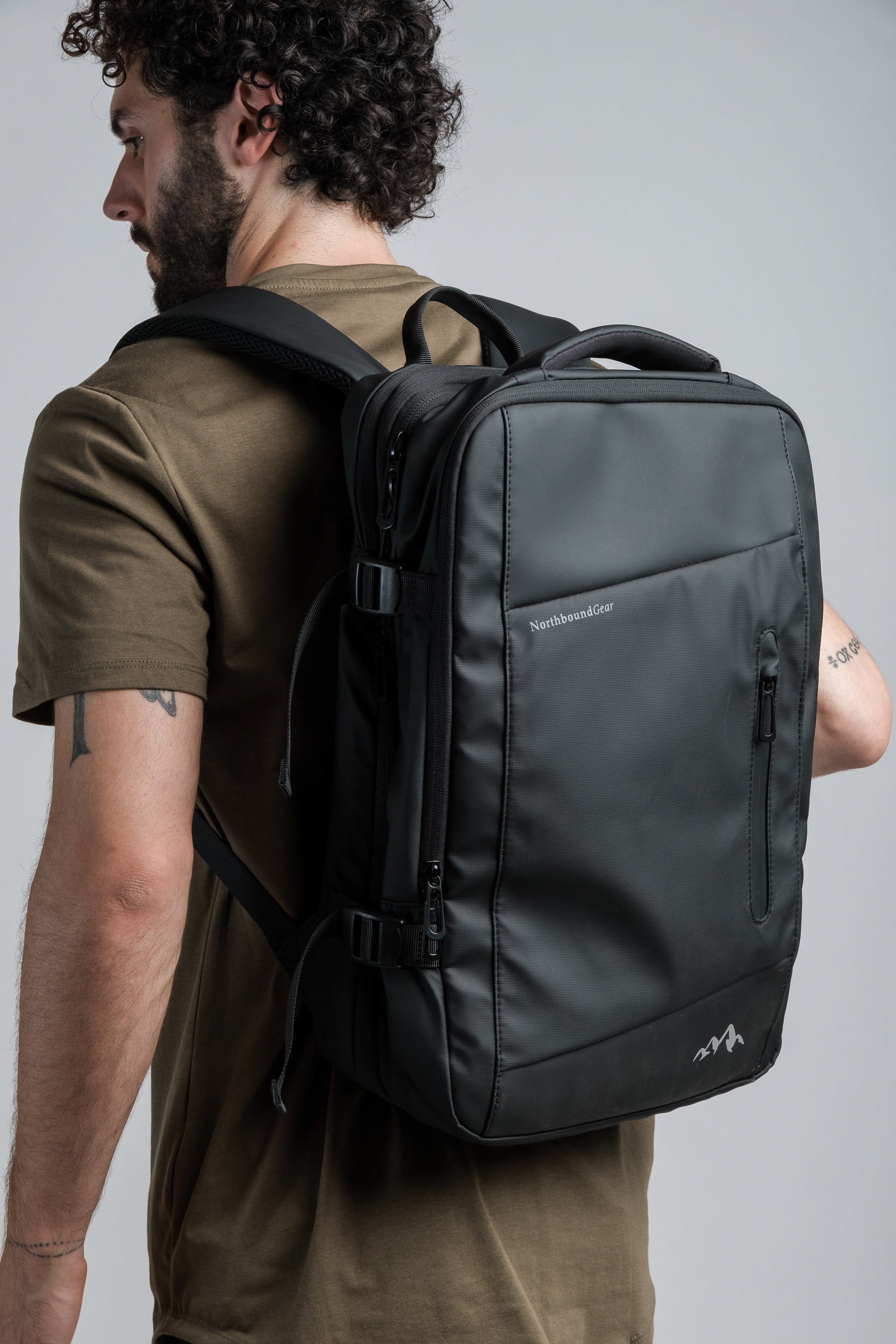
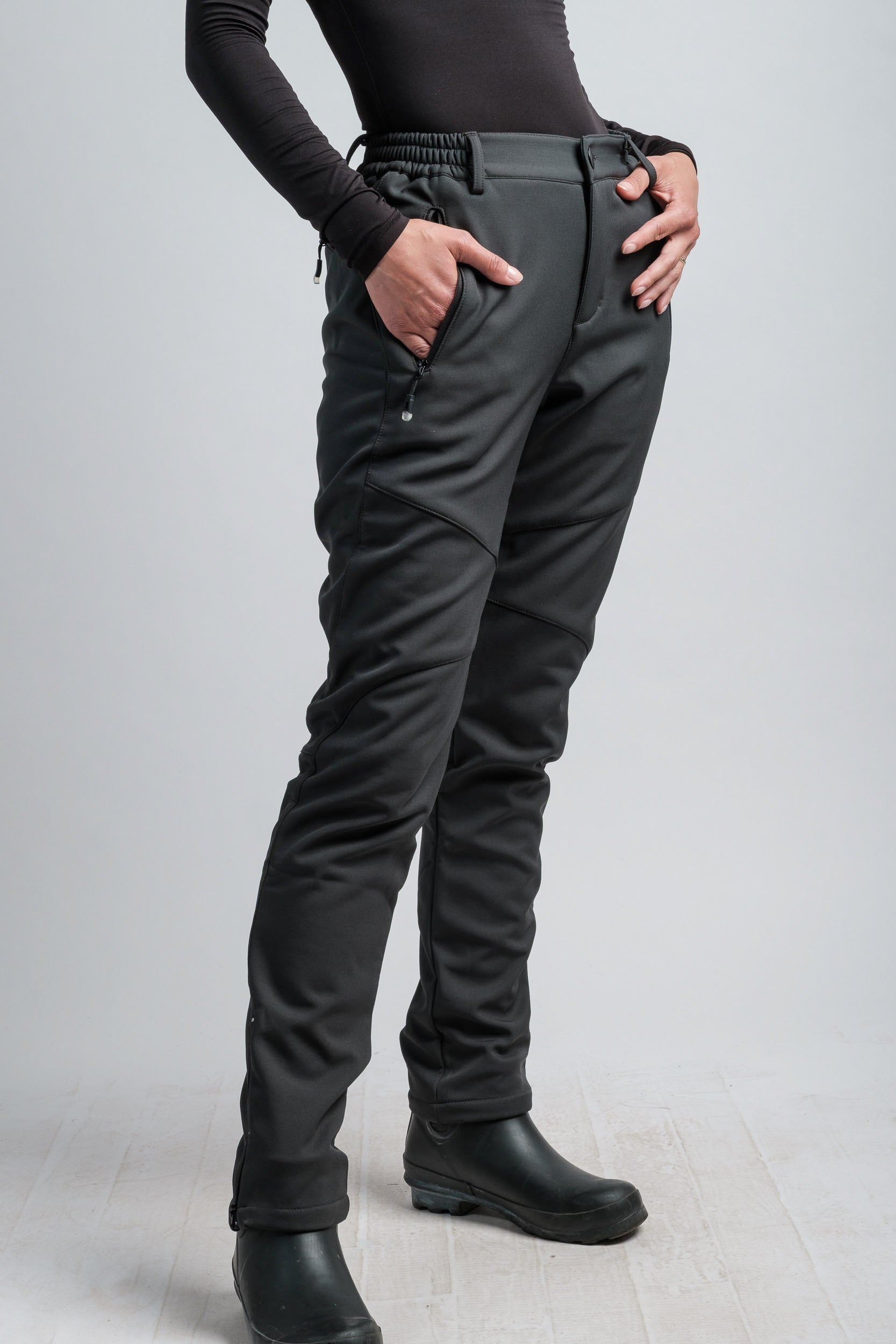
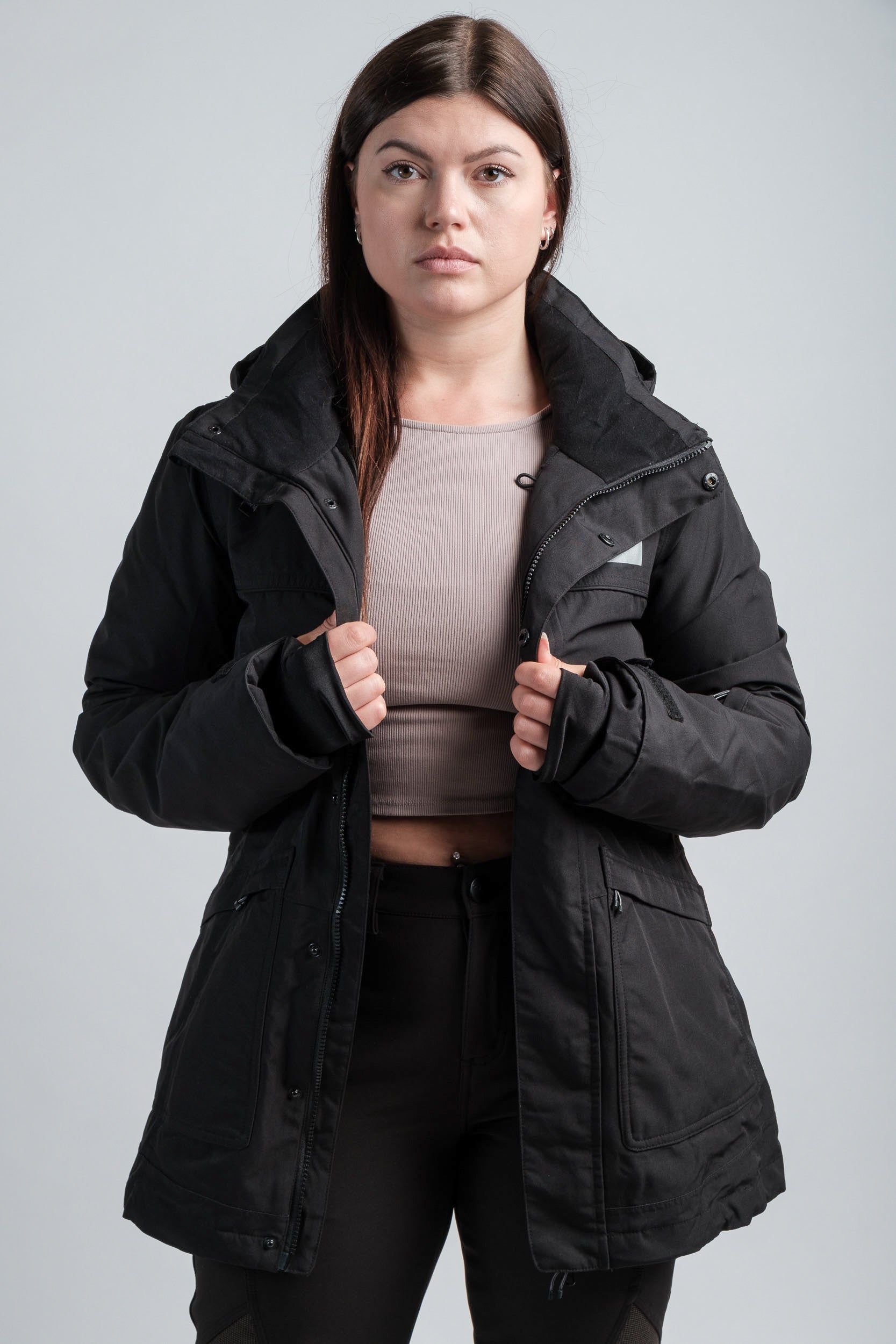
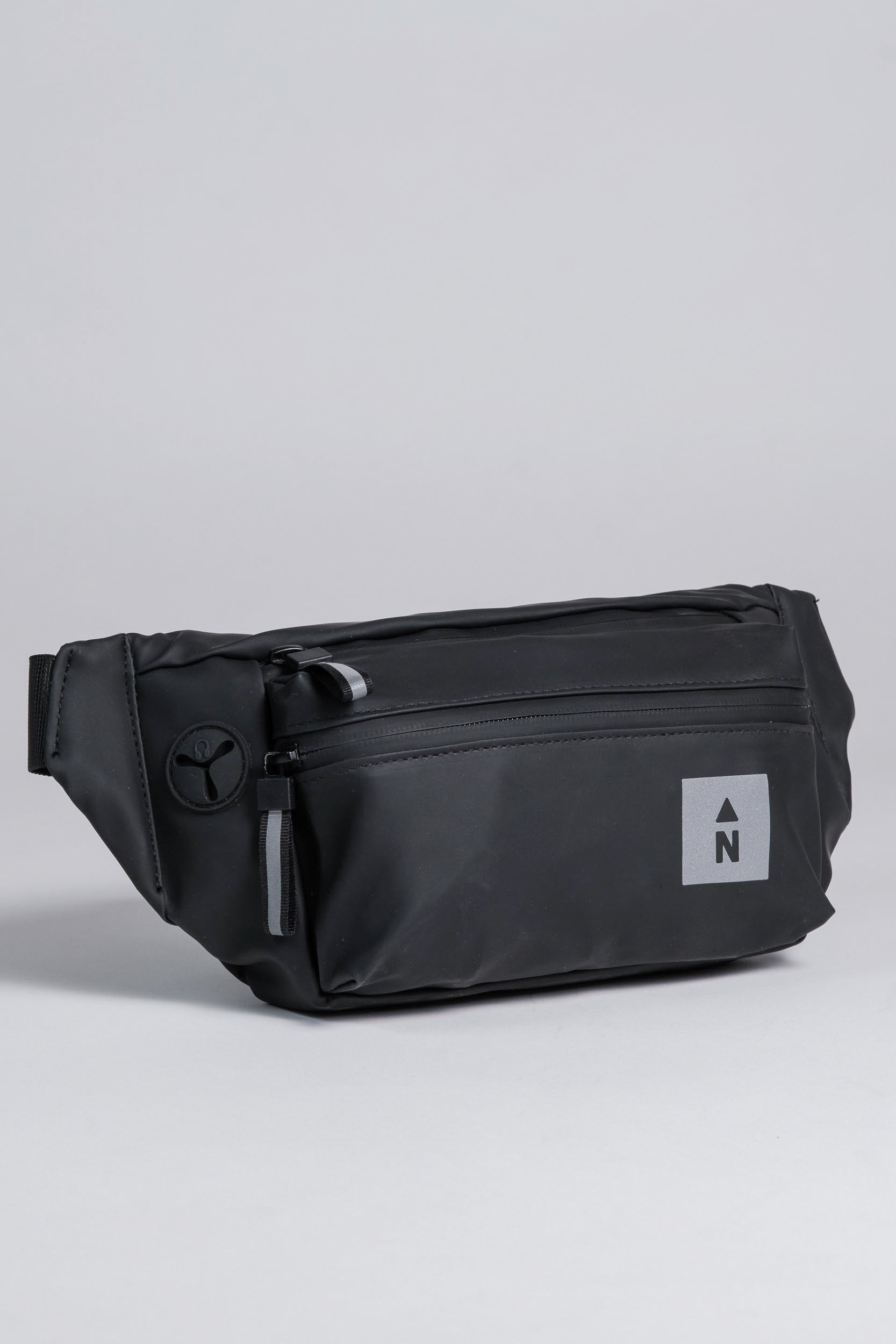

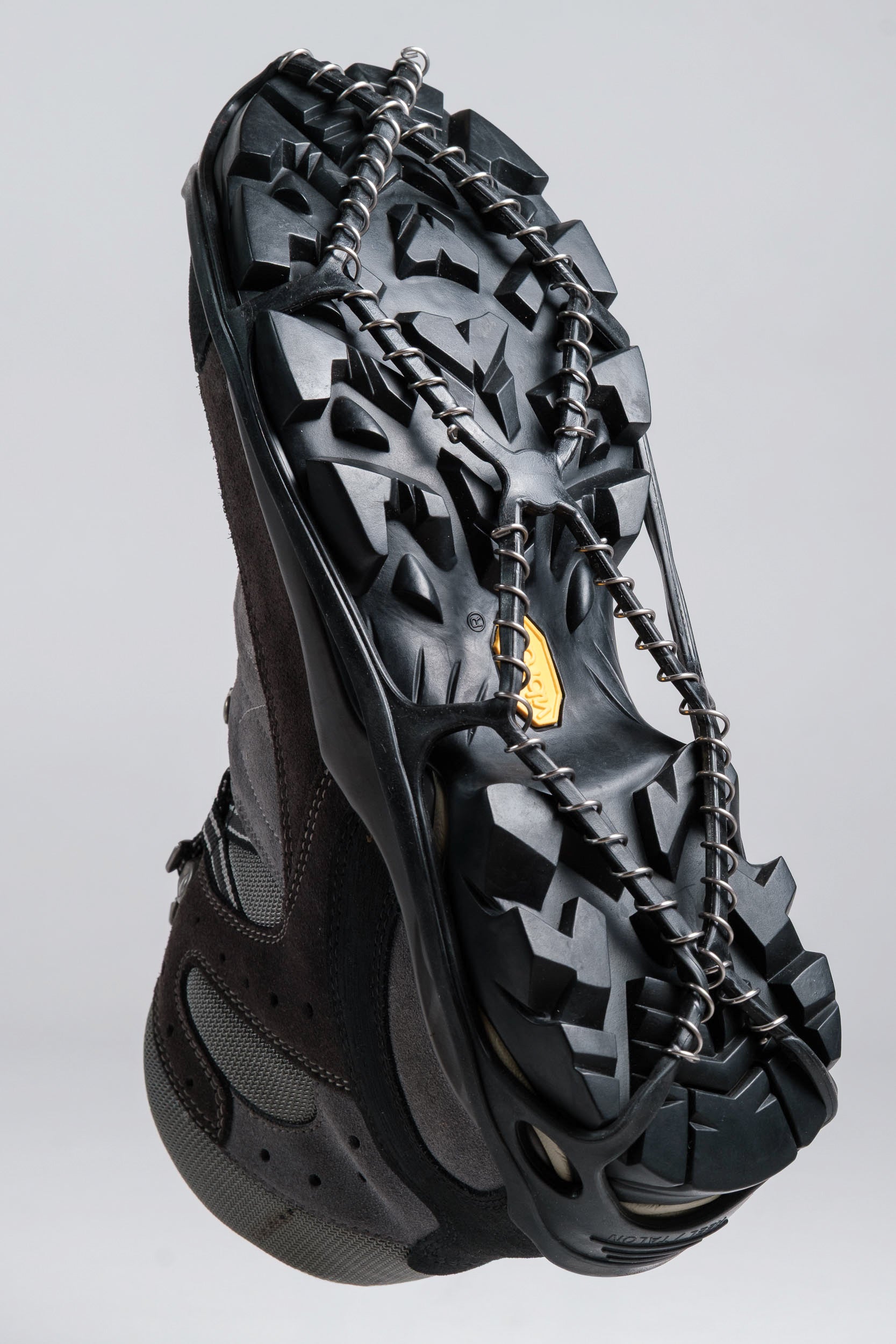

Leave a comment
All comments are moderated before being published.
This site is protected by hCaptcha and the hCaptcha Privacy Policy and Terms of Service apply.